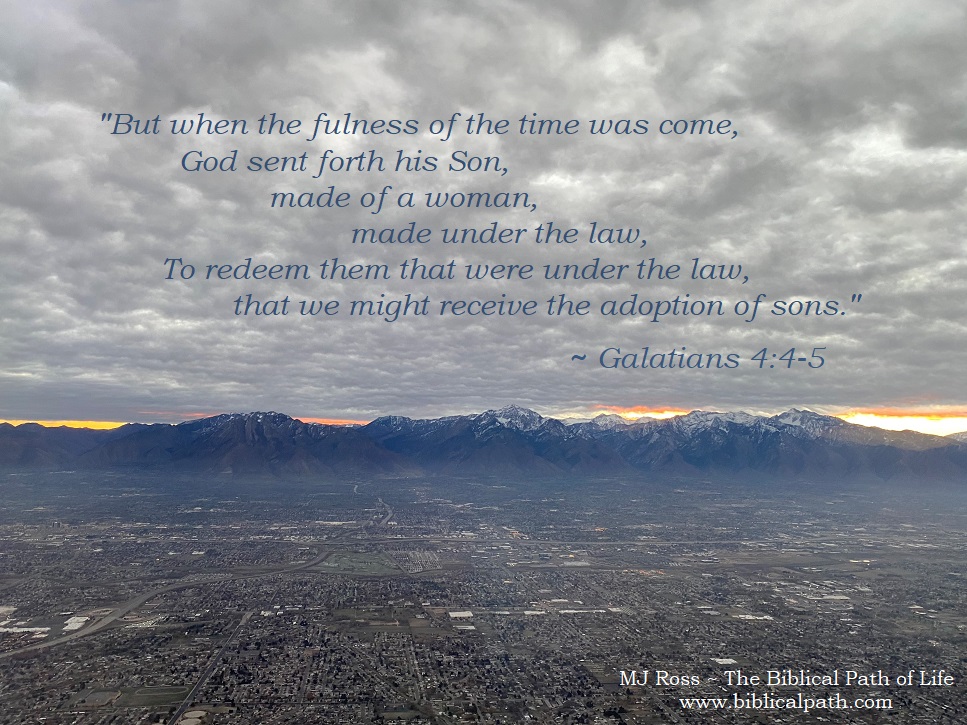
“Jesus said unto her, I am the resurrection, and the life: he that believeth in me, though he were dead, yet shall he live:”
John 11:25
Most remember reading about Lazarus, the brother of Mary and Martha, who was sick and died. When Martha questioned Jesus about Lazarus’ death, Jesus told her that he would rise again. Martha believed in a resurrection, one day. “25. Jesus said unto her, I am the resurrection, and the life: he that believeth in me, though he were dead, yet shall he live: 26. And whosoever liveth and believeth in me shall never die. Believest thou this? 27. She saith unto him, Yea, Lord: I believe that thou art the Christ, the Son of God, which should come into the world” (John 11:25-27). Do you see where her faith fell short? She did not yet believe or understand that Jesus had power over life and death. Mary went to Jesus, and they all went to the tomb. “39. Jesus said, Take ye away the stone.Martha, the sister of him that was dead, saith unto him, Lord, by this time he stinketh: for he hath been dead four days. 40. Jesus saith unto her, Said I not unto thee, that, if thou wouldest believe, thou shouldest see the glory of God?” (John 11:39-40).
When Jesus called Lazarus from the grave, Lazarus rose from the dead. Jesus drew the people’s attention to God, His Father, “that they may believe that thou hast sent me” (see John 11:42). More importantly, we read “many of the Jews which … had seen the things which Jesus did, believed on him” (see John 11:45).
A short time later, Jesus went to Bethany where Lazarus lived. “There they made him a supper; and Martha served: but Lazarus was one of them that sat at the table with him” (John 12:2). Mary took a costly ointment (one often used to anoint bodies for burial) and anointed the feet of Jesus. Judas Iscariot asked why the ointment wasn’t sold to give the money to the poor. “This he said, not that he cared for the poor; but because he was a thief, and had the bag, and bare what was put therein” (John 12:6). Jesus understood why Mary had done this. “Then said Jesus, Let her alone: against the day of my burying hath she kept this” (John 12:7). Although it appeared no one understood, Jesus was on His way to Jerusalem for the final week of His life. But did someone understand?
This is the same Mary who chose to sit at the feet of Jesus a previous time Jesus came to eat with them, listening to Him teach. Remember that her sister, Martha, complained to Jesus because Mary wasn’t serving with her. “41. And Jesus answered and said unto her,Martha, Martha, thou art careful and troubled about many things: 42. But one thing is needful: and Mary hath chosen that good part, which shall not be taken away from her” (Luke 10:41-42). Jesus declared that it was good that Mary had chosen to sit at the feet of Jesus, listening to Him teach. “And she had a sister called Mary, which also sat at Jesus’ feet, and heard his word” (Luke 10:39). Take note that Mary “heard his word”. She understood when Jesus taught. No one could ever take away from Mary that which she learned at the feet of Jesus.
Now, we have remembered that Mary was one who heard Jesus as He taught, and she witnessed Jesus raise her brother from the dead. Remember something that Jesus revealed to His disciples often, although they did not understand. “From that time forth began Jesus to shew unto his disciples, how that he must go unto Jerusalem, and suffer many things of the elders and chief priests and scribes, and be killed, and be raised again the third day” (Matthew 16:21). Jesus had often declared that He would die and live again (see Matthew 17:22-23; Mark 8:31; 9:31; Luke 9:22; 18:31; etc.). After remembering these things, one can understand why Jesus said, “Let her alone: against the day of my burying hath she kept this” (John 12:7b). Jesus knew that Mary understood that He was going to die soon. Jesus knew, and we can understand that Mary knew. She may not have fully understood what all was about to transpire, but we can see she believed. Jesus acknowledged this. She had witnessed the death of her brother, Lazarus. Four days later, she witnessed Jesus raise him from the dead. It was only a short time later that she anointed Jesus’ feet with oil. Something in her heart had obviously clicked, and she understood. She must have remembered what Jesus had said to Martha, her sister: “25. … I am the resurrection, and the life: he that believeth in me, though he were dead, yet shall he live: 26. And whosoever liveth and believeth in me shall never die. Believest thou this?” (John 11:25-26).
Do you know where Mary was obviously absent? “Now there stood by the cross of Jesus his mother, and his mother’s sister, Mary the wife of Cleophas, and Mary Magdalene” (John 19:25). (See also Matthew 27:56.) Although there were women named Mary at the foot of the cross, it appears that Mary, the sister of Martha and Lazarus, is absent. She understood that even when Jesus died, He would live again.
Mary believed.
Have you acknowledged that Jesus is the resurrection and the life, and whosoever believes in Jesus, shall live?




